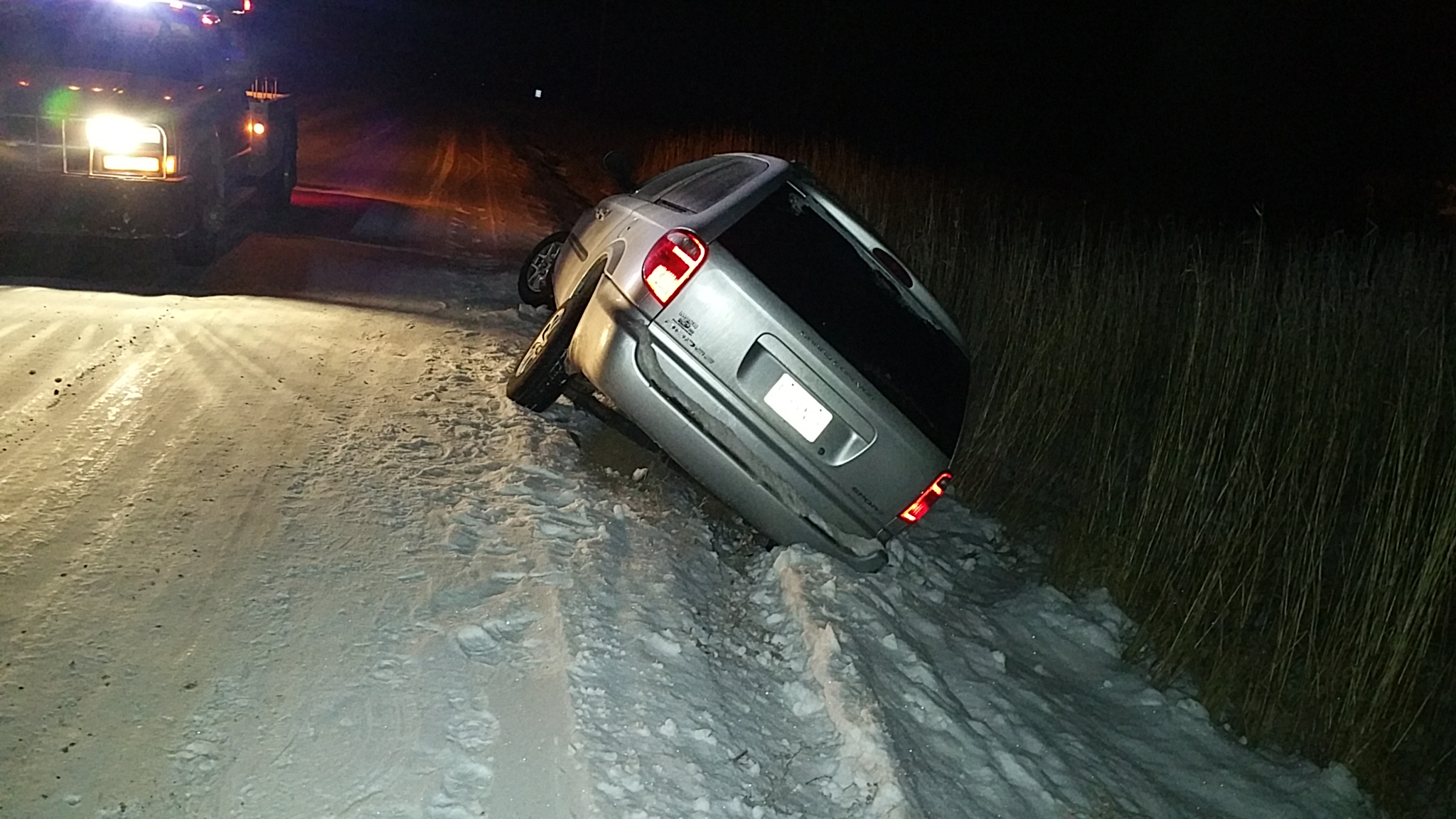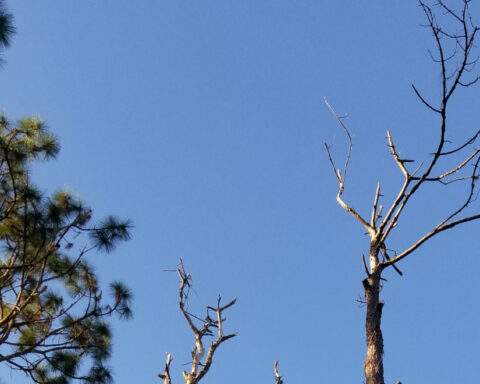 How prepared are you? Everyone likes to think they are ready for the worst, but few are. The truth about preparedness is that we often forget about the disaster, or plan for the big things while forgetting about the much more common, every day bad things that can ruin someone’s day or week.
How prepared are you? Everyone likes to think they are ready for the worst, but few are. The truth about preparedness is that we often forget about the disaster, or plan for the big things while forgetting about the much more common, every day bad things that can ruin someone’s day or week.
Let’s start with a simple scenario. Due to unforeseen circumstances, you end up going off the road and end up in the ditch. Now what? For our scenario, let’s assume the weather is bad, and you were on your way to a business function.
If you are going to trying to get your car back on the road, there are a few things that you should have. These items I am going to list should be relatively cheap and can sit in a Goodwill duffle bag in the trunk for years until needed.
Item #1: Blaze Orange vests and ball caps. Why is this #1? Because you need to be seen. Too many people are struck along the highway because the driver of the other car couldn’t see them. People are more willing to stop if they know someone is in the car than if it is just sitting there with the hazards on. Blaze orange hunter’s vests can be bought for $1 on clearance, no more than $5 right before hunting season. Same with ball caps. If you want to get vests with reflective stripes on them, all the better.
Item#2: Clear safety glasses. $2-3 each, have a couple on hand. The glasses go with the ball caps because you need to be able to see. It is hard to get anything done in wind-driven rain and snow when you can’t look into the wind.
Item#3: Headlamps. Again, you need to be able to see, and you need to be able to be seen. A couple of cheap ones thrown in the bag with  batteries can make all the world of difference. Amazon has a 5 pack for less than $20. Cheap water resistant flash lights are also good. Today, the headlamp wins out over the flashlight because it lets you use your hands for other things. Throw in spare batteries. Modern batteries kept in a box will last for years. Kept in the flashlight/headlamp, they can corrode the connections and slowly drain. I keep one of these in the console/glovebox of my car and truck rather than in the recovery kit.
batteries can make all the world of difference. Amazon has a 5 pack for less than $20. Cheap water resistant flash lights are also good. Today, the headlamp wins out over the flashlight because it lets you use your hands for other things. Throw in spare batteries. Modern batteries kept in a box will last for years. Kept in the flashlight/headlamp, they can corrode the connections and slowly drain. I keep one of these in the console/glovebox of my car and truck rather than in the recovery kit.
There are two other items I keep on hand, just in case. One is a pack of wool socks. They are warm, they stay warm even when wet, and in a pinch when the temps have dropped, they can be used as mittens. Not ideal, but better than nothing. Wal-Mart and military surplus stores are a great place to get these cheap. The other thing that I keep on hand is a couple of empty bread sacks. Way back in the 80’s and 90’s, wearing bread sacks on your feet was a way to keep them dry when your cheap boots started leaking in the winter. Same principle applies. Cold, wet feet don’t just make you miserable, they can be dangerous, if you are going to be out for a while. They only have to work once, and the best part is that they are free. Put them on between two layers of socks for the best effect.
Now let’s talk about some regional equipment. Do you drive somewhere with a lot of curves? Marker triangles, chemlights/glow sticks, or road flares let other drivers know something is going on up ahead that they might not be able to see yet. I prefer chemlights to road flares, simply due to the fire hazard of road flares.
If you are somewhere with snow or sand, or drive in muddy areas, a collapsible shovel, or entrenching tool (e-tool) is invaluable. If you have ever been stuck in snow or sand, trying to dig out by hand is both time consuming and can be dangerous. Spend a little money on one. Cheap ones tend to fail when you need them the most.
The last item you should have is a tow strap and clevis set. If you have a tow chain, that is good as well. I prefer a strap because in the event of a catastrophic failure, a strap is less likely to come flying through a window. Plenty of people are hurt and killed by failed tow chains. Make sure you know where the safe tow points on your vehicle are. Youtube is full of fail videos of people who hook to body panels and such trying to pull someone out.
Don’t be these guys:
These are just the basics for an everyday, on hard surface road commuter. Off road driver and back country drivers may want or need substantially more than this, as self-recovery might be their only option. Be ready for the small disasters, and you will be in much better shape for the big ones.

Being Prepared, Automotive Edition
1 Comment
Leave a Reply
Latest from Uncategorized

The Mandelbrot Set And Narnia
The Mandelbrot Set What struck me was how in C.S. Lewis’s final book for Narnia, there was something very much like the Mandelbrot set. I won’t quote the entire chapter but here

Apostolic Thought vs Talmudic Thought, Part III
We have already addressed the difference between the True Abrahamic Religion of Sacramental Trinitarian Christianity and the Ba’al and Molech worshipping satanic religion of Judaism. We have already spoken about the difference

Get Your Shirts, Caps, Patches, and Mugs
Here is our periodic reminder that we do have MOTW gear for yourself or others. None of us here make one red dime from these products. Every penny goes to pay for

Obey God, Not Man
Editor’s Note: Longtime reader, Darrel Sipes, shares this with us. Originally written for a friend, he thought we could all benefit, and we agree. This is to address the ridiculous notion that

There’s Gold in Them Thar Dead Pines
I don’t know about you, but events of the past couple months haven’t put me in any less of a prepping mood than when the COVID-19 panic began almost a year ago.




5